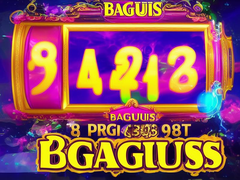.png)
The phrase “la ilaha illa anta subhanaka inni kuntu minadzolimin” is a profound and meaningful supplication in Islamic tradition. This article delves into the significance of this phrase, its context, and its relevance in daily life.
Understanding the Phrase
The phrase translates to “There is no deity except You, Glory be to You. Indeed, I have been of the wrongdoers.” It is a powerful declaration of faith and repentance. The phrase is derived from the Quran, specifically from the story of Prophet Yunus (Jonah) when he was in the belly of the whale, seeking Allah’s forgiveness.
Historical Context
The supplication was made by Prophet Yunus as a form of repentance and submission to Allah’s will. It represents a deep sense of humility and recognition of one’s faults. The historical context provides insight into the importance of acknowledging one’s mistakes and seeking divine mercy.
Practical Implications
In daily life, reciting this phrase can serve as a reminder of the importance of humility and seeking forgiveness. It encourages individuals to reflect on their actions and maintain a strong connection with their faith. Incorporating this supplication into regular prayers can enhance spiritual growth and self-awareness.
In conclusion, “la ilaha illa anta subhanaka inni kuntu minadzolimin” is more than just a phrase; it is a profound expression of faith, repentance, and humility. Embracing its meaning and regularly reciting it can lead to spiritual upliftment and personal growth.









